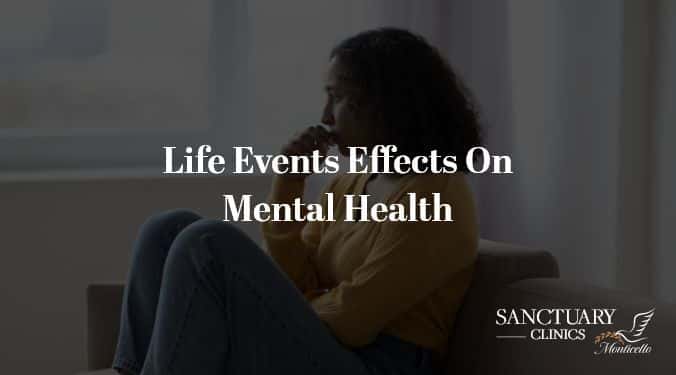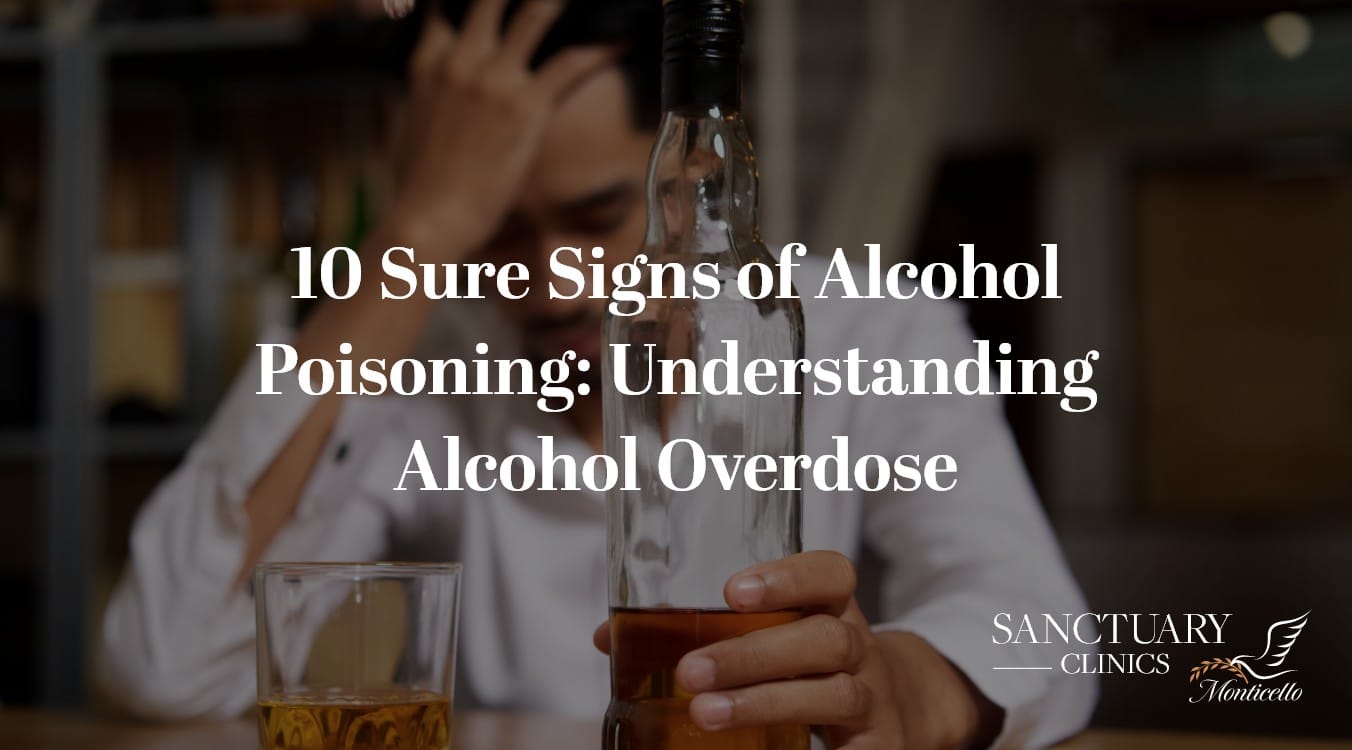Life is full of ups and downs. Every person experiences significant life events at some point in their life. These experiences can be positive like a marriage or the birth of a child, or negative like losing your job or the death of a loved one.
Whether positive or negative, these life events can have a profound effect on your mental health, impacting you emotionally, spiritually and even physically.
In this article we will explore how life events affect mental health, the impact of significant life events on different people, and ask and answer questions people frequently wrestle with on this topic.
How life events affect mental health
Life events do affect your mental health.
Numerous studies have demonstrated the ties between negative life events like trauma, violence, and abuse (emotional, physical, sexual, etc.) and psychiatric disorders such as post-traumatic stress disorder (PTSD), depression, and anxiety.
These same studies show that exposure to chronic stress and experiencing negative life events increases depressive symptoms and can lead to the development of depressive disorder.
Positive life events can also have an impact on mental health.
Events such as marriage, the birth of a child, or a promotion at work can increase life satisfaction and positively affect mental health outcomes.
However, major life events such as divorce, the loss of a loved one, or a serious illness can also negatively impact mental health, leading to symptoms of depression and anxiety.
Get Help Today.
We are here to help you through every aspect of recovery.
Let us call you to learn more about our treatment options.
We are here to help you through every aspect of recovery. Let us call you to learn more about our treatment options.
How life experiences affect mental health
Life experiences can also affect mental health outcomes.
Studies have shown interpersonal relationships, particularly the relationship with your mother, can have an impact on your mental health.
Research has also found negative effects and psychological distress can be transmitted from parents to children, highlighting the importance of a positive parent-child relationship in promoting good mental health.
Socio-economic realities can also factor into mental health outcomes.
People from lower economic backgrounds are more likely to experience negative life events and situations which cause chronic stress such as job loss, financial difficulties, and relationship problems which lead to increased risk of mental health struggles.
People of lower economic status face an even more difficult path to health as they often lack the means to get the help they need to address their struggles.
Impact of significant life events on people
The impact of significant life events on people can vary greatly depending on the event and the person’s coping mechanisms.
Traumatic events such as violence, natural disasters, or sexual abuse can lead to post-traumatic stress disorder (PTSD) and have long-lasting effects on your mental health. According to research from the Center of Disease Control and Prevention there are direct relationship between life events and mental health issues .
Some people may be more resilient to negative life events and have better coping mechanisms, while others may struggle to cope with even minor life events, leading to severe risk for mental distress.
Life events effects and mental health FAQs
Can life events cause mental illness?
Life events such as trauma, violence, and sexual abuse have been associated with an increased risk of psychiatric depression disorders anxiety. However, it is important to note not all people who experience negative life events develop mental illness.
Can stressful life events cause mental illness?
Yes. People who find themselves exposed to chronic stress are at greater risk of experiencing depressive symptoms leading to the development of a depressive disorder. Traumatic events such as violence, natural disasters, or sexual abuse can lead to post-traumatic stress disorder (PTSD).
Which factors in your life affect your mental health the most?
Each person is different, but research continues to demonstrate that negative life events and situations which result in chronic stress and socioeconomic status can have a significant impact on mental health outcomes. Substance use is also a factor—the ties between these types of life events, mental health issues, and substance use are well documented. There is a high rate of comorbidity between substance use disorders and mental illnesses.
Future studies should focus on exploring the joint effects of life events and other factors such as social networks, times of stress, and life satisfaction on mental health outcomes. Longitudinal associations between life events and mental health should also be explored to better understand the impact of stress and negative events on mental health over time.
In conclusion:
Life events can have a significant impact on your mental health.
Negative events such as trauma, violence, and sexual abuse are associated with an increased risk of mental disorders, while positive events such as marriage and the birth of a child can promote good mental health outcomes.
Factors such as relationships, chronic stress, socioeconomic status, and substance use also play a significant role in mental health outcomes.
It is important to recognize the impact of life events on your mental health and to seek appropriate support and treatment when needed.
Get Help Today.
We are here to help you through every aspect of recovery.
Let us call you to learn more about our treatment options.
We are here to help you through every aspect of recovery. Let us call you to learn more about our treatment options.









